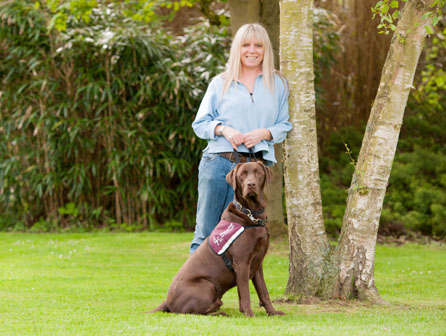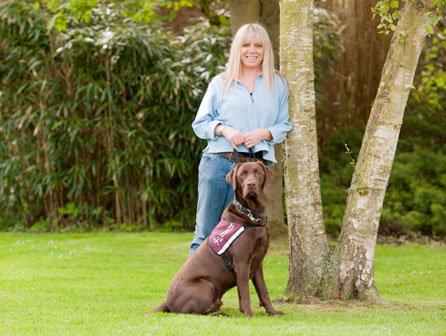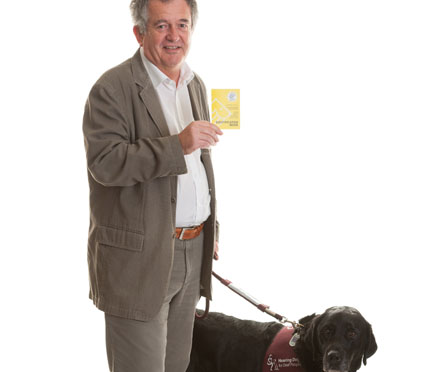Three quarters of hearing dogs owners turned away from service providers



The report, released before the recent National Stress Awareness Day, showed that 78 per cent of owners had at least on one occasion been turned away from a service provider because of their animal. The findings also showed that the experience left 52 per cent of recipients angered, 45 per cent feeling discriminated against and 31 per cent embarrassed.
Philip Biggs, access and inclusion manager at Hearing Dogs for Deaf People, said: “Equality for deaf people with a hearing dog is a human right and we must recognise that.
“If recipients are refused access while they are accompanied by a hearing dog, it can be a traumatic and often isolating situation. As a charity, we hope that by raising awareness of the work of a hearing dog, we will subsequently help to educate service providers.”
He added: “Hearing dogs undergo extensive training in order to qualify as a recognised assistance dog. The Chartered Institute of Environmental Heath has endorsed the rigorous training that we provide and confirms that they do not pose a risk to health, so there is very little excuse.”
The Charity – which currently has around 750 hearing dogs across the UK – added that 30 per cent of those refused access said that they were left feeling humiliated because of the experience, while almost one-fifth said such an event made them feel tearful and nearly a quarter said they had been refused access to restaurants or cafes.


Hearing Dogs for Deaf People hope to persuade more employers to take on hearing dog recipients in their work place. Given reasonable adjustment, the charity says that a hearing dog can help a recipient hugely in the work place.
The dog can help remove levels of hearing loss-associated stress, which can often be a problem for a deaf person in environments such as the work place where lots of people communicate at the same time, say the charity.
Hearing Dogs for Deaf People also hopes to encourage service providers to display ‘assistance dogs only’ stickers – backed by umbrella organisation Assistance Dogs – which alerts assistance dog owners that they are welcome to enter that particular premises.
Image: Carol Ann Hatt and hearing dog Marly and Philip Biggs with his hearing dog Marsh and Assistance Dogs ID Book.













